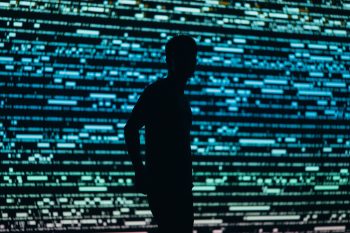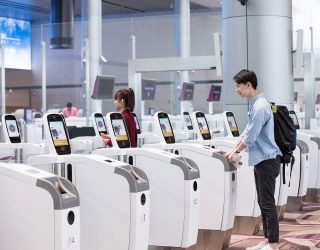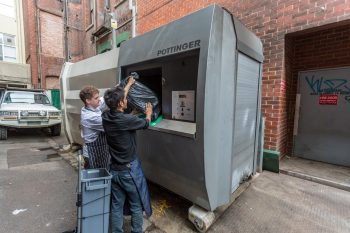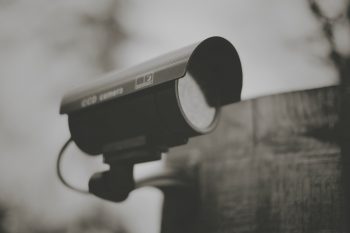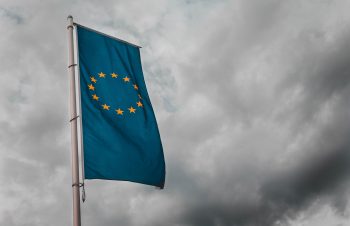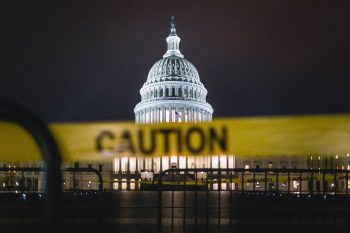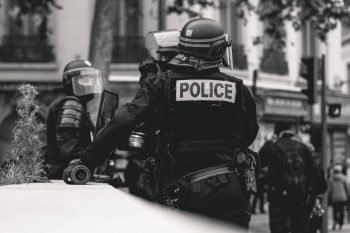How AI video surveillance impacts the way businesses approach security
Security cameras are a great way to keep an eye on commercial spaces without being on-site, especially after-hours. While security is a 24/7 business, most organizations can’t afford to monitor their systems at all hours of the day and night. Hiring a third-party provider to monitor is expensive, and even with eyes on screens, human error still results in missed reports, slow response, and increased insurance and liability costs.
24/7 video monitoring was previously...


